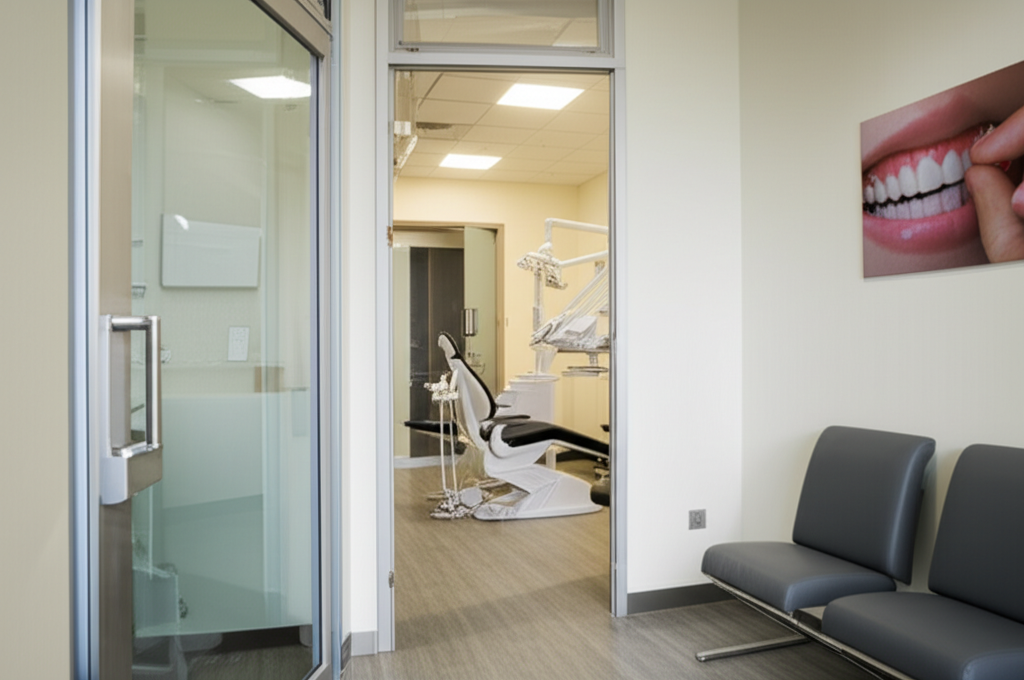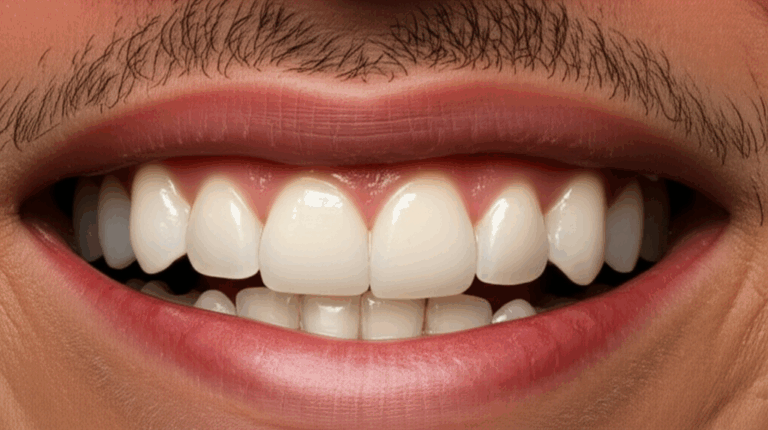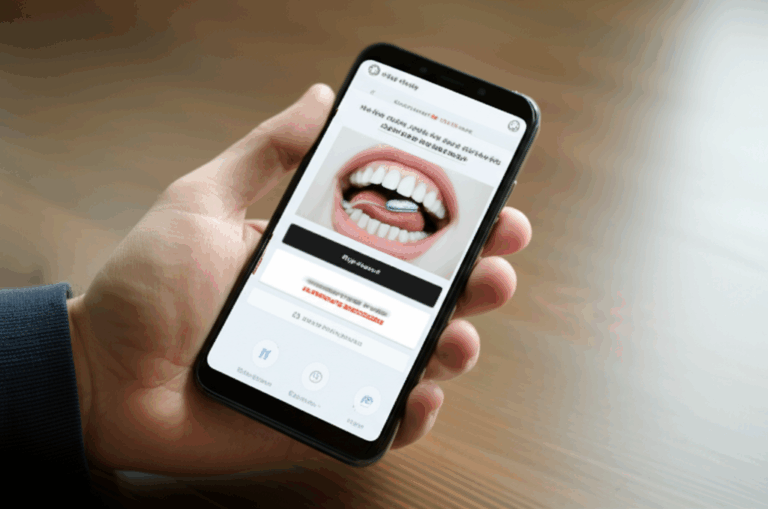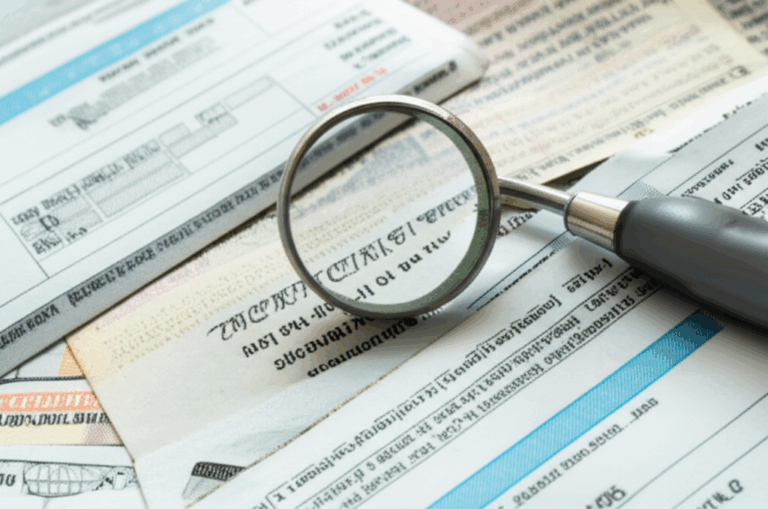
Are Dentist Appointments Free? Understanding Dental Costs & Finding Affordable Care
Many people ask this simple question. Are dentist appointments free? I’ll give you a clear answer. I’ll show you where you can get free or low-cost care. I’ll share steps that work. You’ll leave with a plan you can use today.
Table of Contents
- The Short Answer: Are Dentist Appointments Free?
- Who Can Get Free or Very Low-Cost Dental Care?
- How Do Government Programs Help With Dental Bills?
- What Are Free Clinics and Community Health Centers?
- Can Dental Schools Treat Me for Less?
- Will the ER Fix My Tooth Problem?
- How to Cut Costs When You Don’t Qualify for Free Care
- What Affects the Price of a Dental Visit?
- How to Find Affordable Dental Care Near You
- Do Labs and Technology Lower Your Cost?
- Global Notes: UK, Canada, and Australia
- Quick List of Dental Cost Terms
- Common Dental Entities You May Meet
- Useful Cost and Coverage Tables
- Should You Worry or Wait? My Simple Plan
- FAQ (Optional)
- Summary: Key Points to Remember
- References
- Medical Review
The Short Answer: Are Dentist Appointments Free?
Problem: You worry about cost. You need care. You fear a big bill.
Agitate: Tooth pain doesn’t wait. A missing filling can turn into a root canal. Sore gums can turn into an infection. Waiting longer often means it costs more.
Solution: Most dental visits are not free. Some can be free or very cheap based on who you are and where you go. You can get help from public programs. You can find clinics that charge based on what you earn. You can save money with dental schools. You can use payment and discount plans. You have choices. I’ll help you see them.
Who Can Get Free or Very Low-Cost Dental Care?
Some people can get free care or pay a small amount.
- Kids in Medicaid or CHIP often get free dental benefits. That covers checkups and cleanings. It can cover fillings and other work.
- Some adults with low income get Medicaid dental coverage. This depends on your state. Some states offer full coverage. Others offer limited or emergency help.
- Veterans can get VA Dental Care if they meet some requirements.
- Seniors may get dental help in some Medicare Advantage plans. These are different depending on where you live.
- People who go to Federally Qualified Health Centers can pay on a sliding scale. Some people pay nothing.
- At free events like Give Kids A Smile or Mission of Mercy you can get free care on those dates.
I’ve seen families save thousands with these programs. It takes a little time to check. It can pay off fast.
How Do Government Programs Help With Dental Bills?
Problem: Insurance feels confusing. You don’t know what plan pays for what.
Agitate: You fear surprise bills. You worry you’ll get stuck.
Solution: Let’s make it simple.
- Medicaid: Covers kids everywhere. Adult coverage changes by state. Some states pay for exams, fillings, crowns, dentures, and root canals. Others only pay for pain and pulling teeth. Ask your state Medicaid office. Programs like Denti-Cal in California and MassHealth Dental in Massachusetts show how state plans can help.
- CHIP (Children’s Health Insurance Program): Gives dental care for kids who qualify. Covers checkups, cleanings, X-rays, and more.
- Medicare Advantage: Regular Medicare doesn’t pay for normal dental care. Some Medicare Advantage plans add dental help. They often cover checkups and sometimes extra work.
- VA Dental Care: Veterans Affairs gives dental benefits for vets with certain eligibility. Coverage depends on your rating and service.
- ACA Marketplace: Some ACA plans cover dental for kids. Adult dental is usually a separate extra.
You can also get help through state and local health departments. Some counties and cities have clinics or will tell you where you can go.
What Are Free Clinics and Community Health Centers?
Free dental clinics and Community Health Centers help people with low income. Many are Federally Qualified Health Centers. They charge based on what you earn and how big your family is. Some visits are free. Most visits cost just a small amount.
Non-profits sometimes run events like Mission of Mercy. These help hundreds or thousands at once. You can get cleanings, fillings, and teeth pulled. Programs like Give Kids A Smile help kids get free care. Groups like Rotary, United Way, and Lions Club can tell you about local help. The Salvation Army and Red Cross sometimes give referrals or a bit of help.
I’ve waited in those lines and talked to people. When the doors open everyone feels hopeful. You leave with less pain and more peace.
Can Dental Schools Treat Me for Less?
Yes. Dental schools can lower your bill by 30 to 50 percent. Students do the work with licensed dentists watching closely. It can take longer so you have to be patient. But the price is much better.
You can get cleanings, fillings, root canals, gum care, crowns, dentures, braces, or even get teeth pulled, depending on what you need and what the school offers. Big or hard cases can sometimes be done cheaper because the students need practice.
Will the ER Fix My Tooth Problem?
Problem: It’s 2 a.m. Your tooth hurts really bad. You think about the ER.
Agitate: The ER can help with pain and infections. They don’t usually fix the problem. You might get pain pills and a dentist phone number. The cost can be very high. It often doesn’t stop the issue.
Solution: Use the ER if you have bad pain, swelling, fever, or injury. Call your dentist when you can. Try to find an emergency or walk-in dentist the next day. Ask about emergency visit cost before you go.
Some public hospitals have dental clinics. These help mostly in emergencies or for pulling teeth.
How to Cut Costs When You Don’t Qualify for Free Care
Ways to save money:
- Dental insurance: PPO, HMO, or other plans can help. Preventive visits are often covered. Big things like crowns or bridges have a co-pay. There’s usually a yearly limit.
- Dental discount plans: Not insurance. Pay a yearly fee and get lower prices from certain dentists. Good for checkups and bigger work.
- Payment plans: Many dentists let you pay over time. Some use companies like CareCredit to spread out the cost. Ask about cash discounts.
- Preventive care: Cleaning and exams cost less than fixing big problems. Brush, floss, and keep checkups.
- Bargain: Ask for a written plan. Ask about different kinds of fillings. Ask for a discount or a new patient special.
I’ve seen patients cut bills by 20% or more just by asking questions. Just speak up.
What Affects the Price of a Dental Visit?
Lots of things change the price.
- What you get done: A checkup or cleaning is cheap. Root canals, crowns, bridges, dentures, or implants are not. Cosmetic stuff like veneers is expensive and insurance doesn’t pay.
- Where you live: Big cities cost more. Small towns usually cost less.
- Dentist type: Experts like root canal dentists, gum specialists, braces dentists, or surgeons usually charge more.
- Insurance: With insurance you pay less. Without it you pay more.
How to Find Affordable Dental Care Near You
Follow these steps:
- Search the web: Try “free dental clinics near me”, “sliding scale dental”, “low-cost dentist”, or “cheap dental care” with your city. Add “community health dental” or “dental school”.
- Call your Health Department: Ask about local dental care, mobile clinics, or outreach.
- Ask around: Talk to family, friends, teachers, or your doctor about dental help and school programs.
- Check non-profits: Try Dental Lifeline Network, Mission of Mercy, and Give Kids A Smile. Ask United Way.
Keep notes and phone numbers. Follow up quickly.
Do Labs and Technology Lower Your Cost?
Sometimes. When dentists work with good digital dental labs, they keep fees down. Good lab work helps crowns, bridges, dentures, and veneers fit right, so you don’t have to come back for fixes. That saves time and money. Digital tools also make things go faster.
- Your dentist might work with a digital lab for crowns and aligners that fit perfectly.
- A quality crown and bridge lab makes strong, real looking teeth.
- For implants, a custom implant dental laboratory can make parts just for your mouth.
- For dentures, an affordable removable denture lab can make your teeth fit and last.
When labs do things right, your dentist can save—and lower your price too.
Global Notes: UK, Canada, and Australia
Looking outside the U.S.? Here’s what you should know.
- UK: The NHS has set prices for dental care. Some people get free dental care based on income, age, or if they are pregnant.
- Canada: Provinces have their own programs for kids and people with low income. Some groups get free care.
- Australia: States offer public dental services at clinics. Some people with certain cards or help get care for free or cheap.
Cost and wait times are different in every place. Always check your area.
Useful Cost and Coverage Tables
Here are simple guides you can use today.
Typical Out-of-Pocket Costs for Common Services
| Service | Uninsured Cost Range (US) |
|---|---|
| Routine checkup and cleaning | $150–$300 |
| Cost of dental X-rays | $25–$150 |
| Tooth filling price | $150–$300+ |
| Wisdom tooth extraction cost | $200–$800+ per tooth |
| Root canal expense | $700–$2,000+ |
| Dental crown cost | $900–$2,000+ |
| Bridge dental cost | $1,500–$4,500+ |
| Dentures | $1,000–$3,000+ per arch |
| Dental implant cost | $3,000–$6,000+ per tooth |
| Braces cost without insurance | $3,000–$7,000+ |
| Veneer cost per tooth | $800–$2,500+ |
Prices go up or down based on your area, your dentist, and stuff like what the crown is made from.
Where Free or Low-Cost Care May Be Found
| Option | Who Qualifies | What You Get | Typical Cost |
|---|---|---|---|
| Medicaid and CHIP | Income and age rules | Checkups, fillings and more for kids | $0–low |
| Medicaid adult (state specific) | Income rules | Different by state | $0–low |
| VA Dental Care | Eligible veterans | Changes by VA group | $0–low |
| FQHC / Community Health Centers | Income based | Sliding fees | $0–low |
| Dental Schools | Anyone | 30–50% off normal prices | Reduced |
| Mission of Mercy / Give Kids A Smile | At the event | Free cleanings, fillings, tooth pulls | Free |
| Medicare Advantage | Plan members | Checkups and some big items | Reduced |
Should You Worry or Wait? My Simple Plan
Problem: You feel stuck. The price scares you. You think about waiting.
Agitate: Waiting costs more. Small holes turn into crowns. A chipped tooth may need a root canal. Pain takes your energy.
Solution: Do this now.
You got this. One step at a time.
FAQ (Optional)
Q: Are dentist appointments free in the US?
A: Most visits are not free. But Medicaid, CHIP, VA, community clinics, dental schools, and charity events can be free or low-cost.
Q: Can I go to the ER for a toothache?
A: Yes, if you have pain or swelling. ERs help with pain and infection, but don’t usually fix the tooth. See a dentist soon after.
Q: Are braces free?
A: Braces are usually expensive without insurance. Sometimes kids get help through programs or plans. Some orthodontists offer free first visits.
Q: How can I lower the price for crowns, bridges, or dentures?
A: Ask about different materials and labs. Consider all the options. Ask how your dentist makes crowns and if they use digital design to save time and money.
Summary: Key Points to Remember
- Most dentist appointments aren’t free, but lots of ways exist to cut the cost.
- Medicaid and CHIP cover kids’ dental. Some states help adults, too.
- Community clinics and FQHCs have prices based on what you earn. Sometimes care is free.
- Dental schools can save you a lot.
- Charity events offer free help.
- Preventive care is cheapest in the long run.
- Ask about discount plans, payment plans, and cash savings.
- Labs and digital tools can cut down the cost of crowns, bridges, implants, and dentures.
- Don’t wait—acting now saves money.
References
- CareQuest Institute for Oral Health. “Oral Health Access and Coverage.”
- Centers for Disease Control and Prevention (CDC). “Oral and Dental Health.”
- Pew Charitable Trusts. “A Costly Dental Destination”
- Kaiser Family Foundation (KFF). “Children’s Oral Health and Access to Care.”
- National Association of Dental Plans (NADP). “State of Dental Benefits.”
- Health Resources and Services Administration (HRSA). “Find a Health Center.”
- American Dental Association (ADA). “Give Kids A Smile.”
- Dental Lifeline Network. “Donated Dental Services.”
- U.S. Department of Veterans Affairs (VA). “Dental Benefits for Veterans.”
Medical Review
Reviewed and approved by Dr. Joe Dental, DDS, FAGD. General dentist. Member of the American Dental Association and American Academy of Pediatric Dentistry.
Notes on Materials and Options You Might Discuss With Your Dentist
When you plan a crown or veneer you may hear about zirconia and Emax. A zirconia lab can make very strong crowns that look good. An Emax dental lab can make lifelike veneers. A dental ceramics lab mixes art and science to help you smile. A 3d dental lab and an arch dental lab can help make full sets of teeth. A night guard dental lab or retainer lab helps protect your teeth after care. You can also talk about Invisalign or the Damon System for braces. Ask about the cost of private dentists versus general ones, and compare different dental prices.
For implants, ask about the cost if you don’t have insurance, and about payment plans. For dentures ask about help with cost and state help programs. For kids, ask about free screenings. For special needs, ask about help for disabled or special needs care. Sometimes you can join dental studies to get free care in certain programs.
I’ve seen people use these ideas to get dental care at a price they can pay. You can too.
Extra Help and Community Programs
- Charity groups and non-profit services can help fill gaps.
- Dental outreach programs and mobile clinics visit schools or neighborhoods.
- Dental health groups and health clinics can send you in the right direction.
- Assistance programs help if you lose your job or have a crisis—including for the homeless.
- Talk to your dentist about other money-saving ideas.
Keep asking. Help is out there.
Final PAS Reminder
Problem: Dental bills feel scary.
Agitate: Pain grows. Costs go up. You lose sleep.
Solution: Use public programs like Medicaid, CHIP, and sliding scale clinics. Visit dental schools. Try discount plans and payment help like CareCredit if needed. Compare the cost of different fillings. Look for special deals and free advice. Ask about state help. Stay up-to-date with cleanings before small problems get big.
You have options. Start today. Your smile is worth it.
About Labs and Quality Materials
Dentists work with labs to help keep quality good. Some helpful partners are:
- A china dental lab for good and cheap crowns.
- A dental ceramics lab for real-looking teeth.
- A zirconia lab for strong crowns.
- An emax dental lab for bright front teeth.
Ask your dentist how they pick their lab. Ask how digital design and different stuff change the price and result.
You can always ask for a written plan and clear prices. You pay with confidence when you know your choices.








